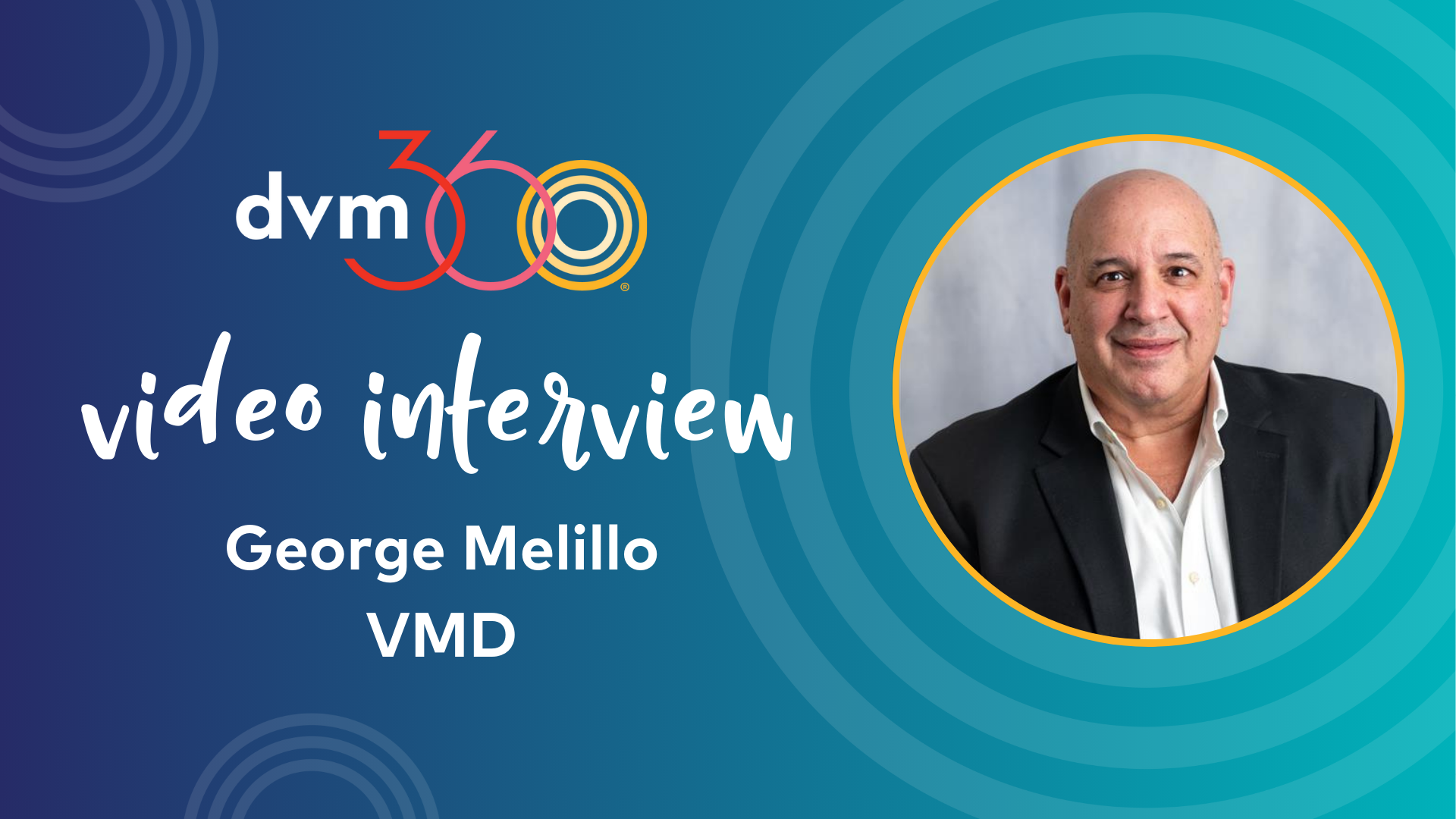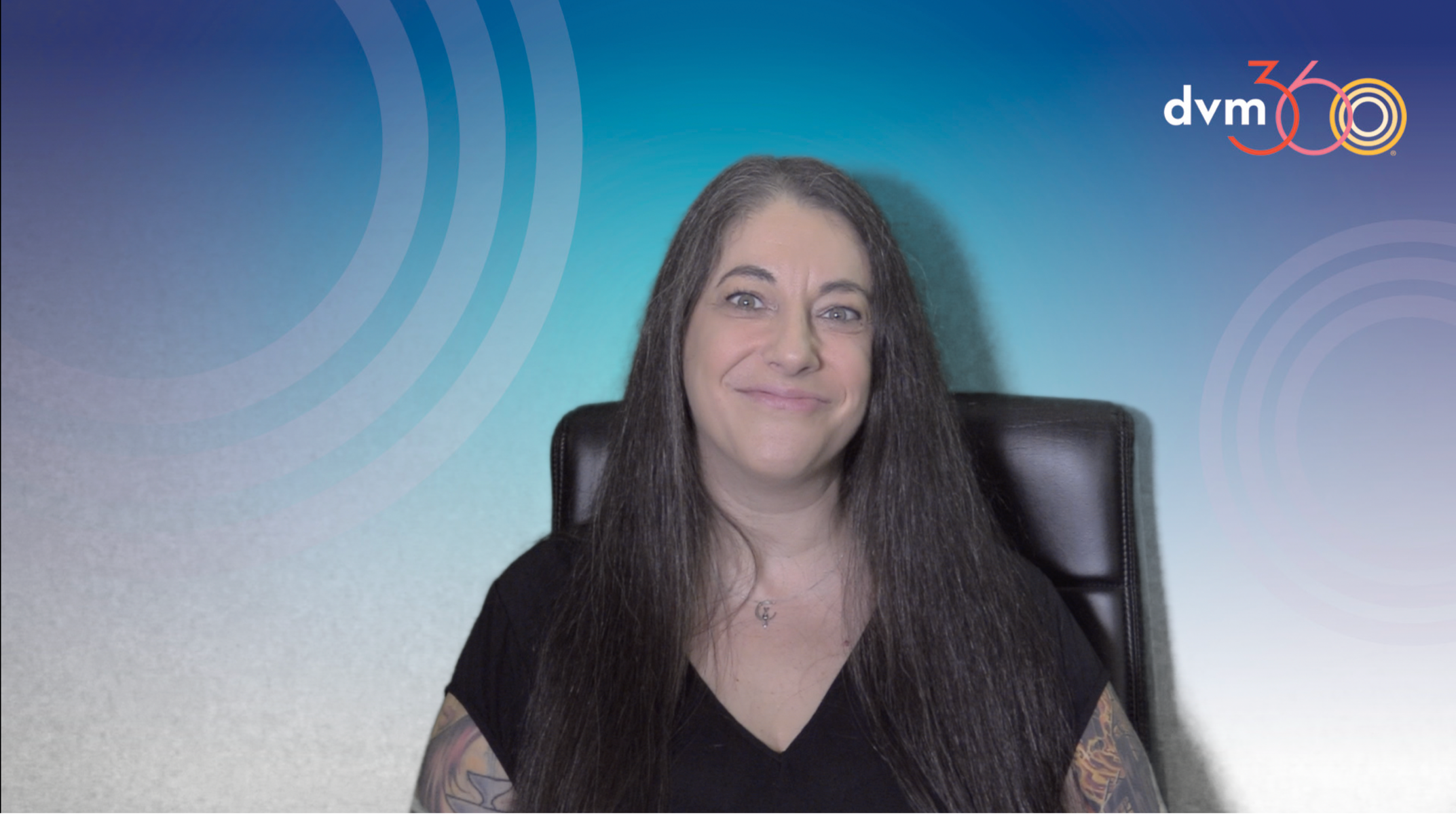Bad Day at Work? Give Yourself a (Mental) Break
We all have bad days at work, but when we let bad days get to us we usually toss and turn at night, new research reveals. A new study uncovers trends in workplace incivility — and what can be done to ameliorate the problem.

The myriad benefits of a good night’s sleep are well known — improved concentration, increased productivity, weight loss, decreased risk of depression, a stronger immune system, and the list goes on.
While getting more sleep is a goal for many of us, it is often not an easy one to achieve. Many factors are to blame, from too much screen time before bed to too much on our minds to, yep, having a bad day at work. According to new research from the American Psychological Association, mental breaks after work might be the answer.
Published in the Journal of Occupational Health Psychology, a new study shows that although having a bad day at work can harm sleep, doing something fun or relaxing after that bad day can negate those ill effects and let you catch some z’s.
RELATED:
- Take a Break, Listen to a Podcast
- Techniques For Taking a Proactive Approach to Mental Health
"In our fast-paced, competitive professional world, it is more important than ever that workers are in the best condition to succeed,” said Caitlin Demsky, PhD, assistant professor of management at Oakland University and lead author of the study, “and getting a good night's sleep is key to that."
The Relationship Between Incivility and Insomnia
The investigators surveyed 699 U.S. Forest Service employees about the number of children under age 18 they had living at home, the number of hours they worked per week and how frequently they consumed alcoholic beverages. They also asked the following work-related questions:
- What would you rate the level of rude behavior you experience in the workplace?
- How often do you have negative thoughts about work?
- Do you have insomnia symptoms?
- How much are you able to detach from work and relax?
The survey results showed that experiencing rude or negative behavior at work was linked with more symptoms of insomnia. For example, employees who felt judged or verbally abused at work were more likely to wake up multiple times throughout the night.
“Incivility in the workplace takes a toll on sleep quality,” Dr. Demsky said. “It does so in part by making people repeatedly think about their negative work experiences.”
But the investigators also discovered that those who said they were able to detach easily from work and do something either fun or relaxing after a long workday slept better at night.
“Those who can take mental breaks…fare better and do not lose as much sleep as those who are less capable of letting go,” Dr. Demsky said.
The survey results also showed that negative thoughts about work may be linked to various health problems, such as cardiovascular disease, increased blood pressure and fatigue.
Breaking the Pattern
Veterinary practice owners and managers need to be role models for their teams, showing that a good work-life balance is vital to professional success. Keep the following in mind to foster a good work-life balance for your team members:
- Don’t contact employees via email, text or phone outside of business hours.
- Implement “time triggers” during meetings to make sure they don’t go over their allotted times.
- Avoid overscheduling individual team members — try to spread out responsibilities as much as possible.
- Frequently discuss work availability and personal needs with each of your employees.
The research team also suggested that workplace leaders employ programs that help reduce incivility and change work cultures for the better. Even just having workplace discussions about bullying with your entire staff can do a lot of good.
Implementing strategies to reduce bad manners in the workplace can help your team members get a better night’s sleep and arrive at work each day ready to go.
“Sleep quality is crucial,” Dr. Demsky said, “because sleep plays a major role in how employees perform and behave at work."









